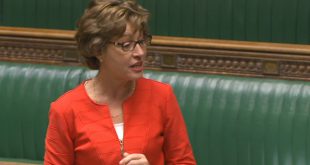The Department for Digital, Culture, Media & Sport has put forward a second round of proposals to reform the Horserace Betting Levy, including the closure of the Horserace Betting Levy Board (HBLB).
The governmental department has proposed the use of a Legislative Reform Order (LRO) to “reduce administrative and financial burdens on business relating to the administration of the Horserace Betting Levy”. The LRO advocates the transfer of responsibility from the HBLB to the Gambling Commission; the transfer of responsibility for expenditure decisions to the racing industry; and, as a result of these last two points, the closure of the HBLB and abolition of the Horserace Betting Levy Appeal tribunals.
It is believed that transferring the responsibility for collecting the Levy from the HBLB to the Gambling Commission will provide cost-saving opportunities, with the consultation stating a “reduction in administration costs will maximise the amount of Levy funds that can be spent by the racing industry in support of the core objectives of the Levy”.
The report continued: “In addition to increasing the amount of funding available to the horseracing industry, it is envisaged that transferring the collection function to the Gambling Commission will also provide opportunities to streamline processes for betting operators, thereby reducing the administrative inconveniences and financial costs for businesses of complying with the Levy.”
Meanwhile, when describing the proposal of transferring responsibility for distribution of the Levy from the HBLB to the racing industry, the report stated: “Following three previous consultations on Levy reform, the Government concluded that there is no longer a case for Government, through the three Government-appointed Board members, to have involvement in annual decisions on Levy expenditure, and that the beneficiary of the Levy – the British horseracing industry – is best-placed to decide on the allocation and distribution of Levy funds.”
The first round of levy reforms came into place back in April, and saw the funding mechanism branch out to operators based offshore for the first time.
The government aims to save upwards of £500,000 annually from the reforms, with the consultation due to run until 16 February.









